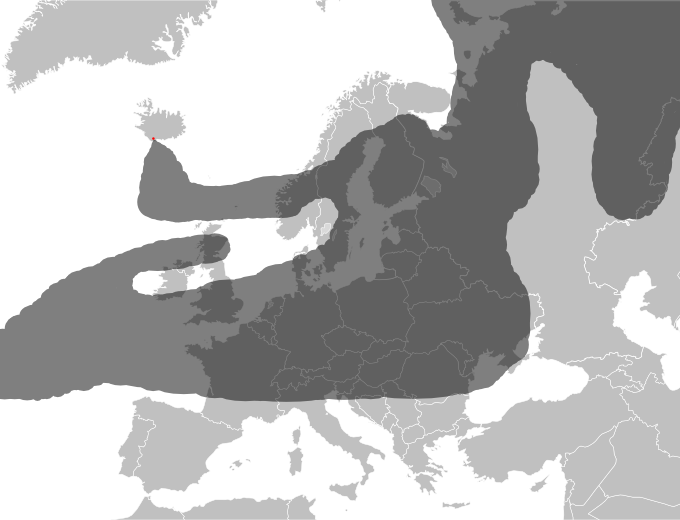
Photo credit David Rayner CC Attribution-ShareAlike 2.0 license
By David Zylberberg, PhD Candidate, York University
The United Kingdom is in the midst of an election campaign with a May 6 poll. Despite numerous suggestions that this is the ‘most important election in a generation’, the limited media coverage on this side of the Atlantic has tended to focus on which opposition leader invoked recent Canadian developments as a reason to vote for their party. There are many aspects of this election that should interest Canadians but I would like to take this opportunity to discuss one that is of particular importance to the Active History project, namely, the controversy over the Labour Party nomination in the constituency of Stoke-on-Trent Central.
Following the recent retirement of long-time MP Mark Fisher, the seat became vacant. Labour Party practice is to have interested candidates apply to the central party, who then send the constituency party a three person short list to vote on. Interest was high in representing the party in one of its safer seats and many applied. The resulting short list included the prominent historian Tristram Hunt, but none of the three nominees have any connection to the region. Hunt received the nomination on April 1, after which Gary Elsby, secretary of the Constituency Labour Party in Stoke-on-Trent Central, resigned from the party and is running as an independent. Similar things have happened in recent years, notably in 2005 in the South Wales constituency of Blaenau Gwent, which had been an even safer Labour seat. At that time the central party sent a short-list of three non-local women in the hopes of improving the gender balance of MPs, the local constituency got upset and has taken to returning independent socialists at every level of government since. Continue reading →







